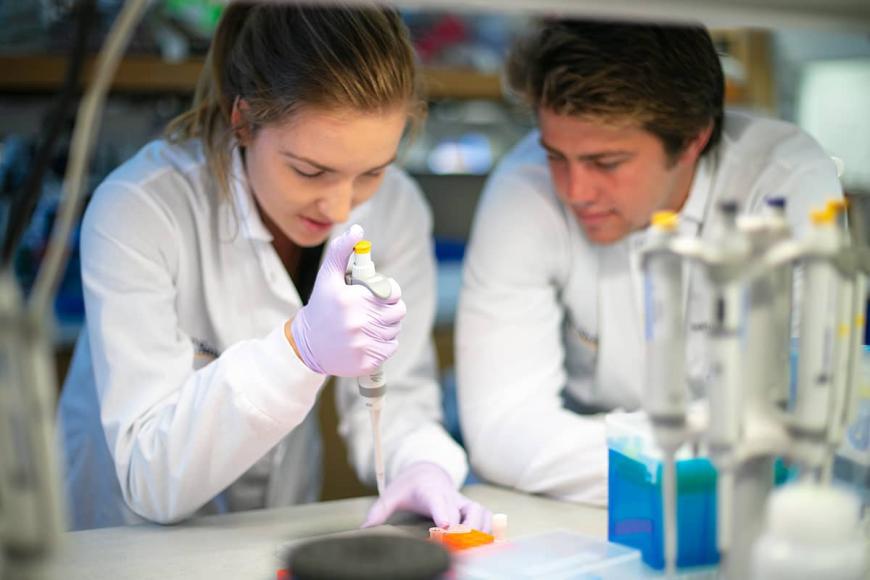Weight Management Fitness: Holistic Approach to Well-being
In a world that often emphasizes appearance and body image, the concept of weight management fitness transcends mere aesthetics, delving into the realms of health, vitality, and overall well-being. It involves a holistic approach that goes beyond the numbers on a scale, encompassing physical activity, nutrition, mental health, and lifestyle choices. In this article, we will explore the multifaceted components of weight management fitness, emphasizing the importance of a balanced and sustainable approach.

Understanding Weight Management Fitness
Weight management fitness is not about adhering to societal expectations of body shape; instead, it is a personalized journey focused on achieving and maintaining a weight that supports overall health. It involves finding a balance between energy intake and expenditure, building muscle mass, and fostering habits that contribute to long-term well-being.
1. Physical Activity: The Cornerstone of Fitness
Regular physical activity is a fundamental component of weight management fitness. It not only burns …

